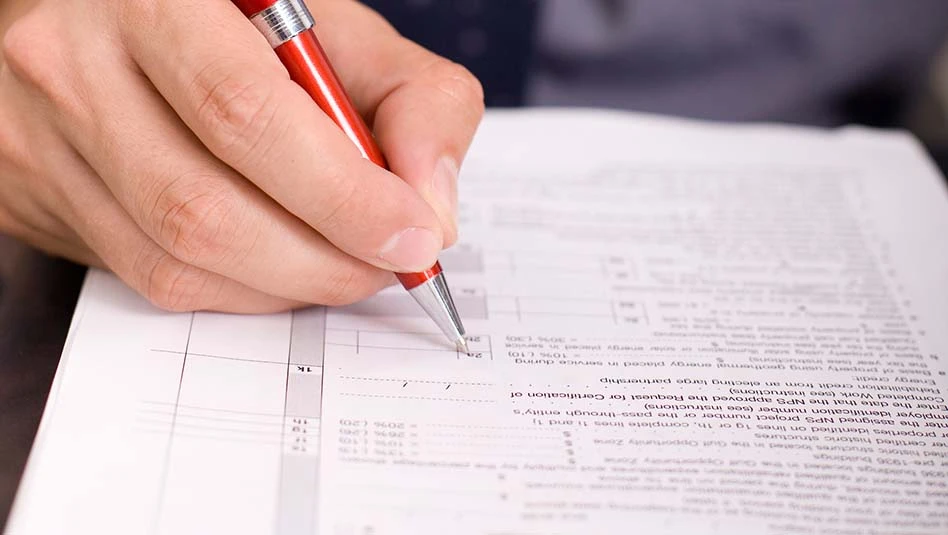
Sandra Dragojlovic | dreamstime.com
The U.S. Securities and Exchange Commission has announced that Keurig Dr Pepper Inc. has agreed to pay a $1.5 million civil penalty pertaining to “inaccurate statements regarding the recyclability of its K-Cup single-use beverage pods.”
The penalty follows one of a similar nature in Canada, where the Competition Bureau cited claims on the Keurig Canada website and the company's packaging that led to a $3 million penalty and $800,000 donation to a Canadian charitable organization focused on environmental causes.
In the U.S., the SEC has cited the firm’s annual reports for fiscal years 2019 and 2020, in which Keurig wrote that its testing with recycling facilities “validate[d] that [K-Cup pods] can be effectively recycled.”
According to the SEC, Keurig did not disclose that two of the largest recycling companies in the U.S. had expressed "significant concerns" to Keurig regarding the commercial feasibility of curbside recycling of K-Cup pods and indicated they did not presently intend to accept them for recycling.
In a December 2020 news release, Keurig said it had achieved one of its longstanding sustainability commitments by making all its K-Cup pods recyclable, noting the effort involved converting more than 100 manufacturing lines to produce pods that, from that point forward, were made of polypropylene (PP) and would feature a How2Recycle label.
The penalty could trace back to before that effort. According to the SEC, in fiscal year 2019, while sales of K-Cup pods comprised a significant percentage of Keurig’s net sales, research earlier conducted by a Keurig subsidiary indicated that environmental concerns were a significant factor that certain consumers considered, among others, when deciding whether to purchase a Keurig brewing system.
In an interview with Recycling Today earlier this year, Charlie Schwarze, senior director of sustainability at Keurig Dr Pepper, offered an update on the company’s recycling efforts and support, including a reference to what the company’s latest innovation—a reimagining of the single-serve coffee model with plastic-free pods. Schwarze said the new system would begin beta testing later this year.
A writeup on the Keurig website says the pods are created from "expertly roasted, premium coffee beans" that are ground, pressed and wrapped in a protective plant-based coating.
Regarding its role as a recyclability enforcer, the SEC says it found that Keurig violated Section 13(a) of the Securities Exchange Act of 1934 and Rule 13a-1 thereunder. That rule refers to the obligation of publicly traded companies to file annual reports.
“Public companies must ensure that the reports they file with the SEC are complete and accurate,” says John T. Dugan, associate director of the agency’s Boston Regional Office. “When a company speaks to an issue in its annual report, they are required to provide information necessary for investors to get the full picture on that issue so that investors can make educated investment decisions.”
Get curated news on YOUR industry.
Enter your email to receive our newsletters.
Latest from Recycling Today
- Unifi launches Repreve with Ciclo technology
- Fenix Parts acquires Assured Auto Parts
- PTR appoints new VP of independent hauler sales
- Updated: Grede to close Alabama foundry
- Leadpoint VP of recycling retires
- Study looks at potential impact of chemical recycling on global plastic pollution
- Foreign Pollution Fee Act addresses unfair trade practices of nonmarket economies
- GFL opens new MRF in Edmonton, Alberta





